Isolated during the Cold War, Russia is once again experiencing the same fate as the war it started in Ukraine. The country, which has become an important commodity exporter since the Cold War, is isolated from the global economy with the sanctions imposed by Western countries.
Japan expands sanctions package against Russia
Australian government sanctions 2 oligarchs linked to Putin
The exclusion of Russia, which has a significant share in the export of energy, metal and agricultural products, from the global economy causes prices to rise.
Gorbachev opened the door to international markets to the country
The country, which did not have a significant position in international trade during the Soviet Union period, was only 4 percent of its GDP in 1985, mostly with Eastern Europe. In that year, the share of global trade in the US GDP was approximately 17 percent. The harvest situation combined with mismanagement prompted the Soviet Union to import grain for much of the 1970s and 1980s.
The emergence of Mikhail Gorbachev as the Soviet leader in 1985 opened the door to international markets for the country.
According to the data of the United Nations Conference on Trade and Development (UNCTAD), after the collapse of the Soviet Union in 1991, Russia became one of the 25 largest trading countries in the world, accounting for approximately 1 percent of global exports. Later, this share reached about 3 percent.
The country's global trade also took a hit after Russian President Putin annexed Crimea in 2014.
Russia became the top wheat exporter in 2016
Russia's largest export destinations included Germany, the USA and Italy, which initially mainly bought oil and gas.
By 2002, the country had become a significant supplier of wheat to foreign markets, accounting for almost 6 percent of global exports, according to the Observatory of Economic Complexity data.
When agriculture became a smaller part of US economic output, Russia stepped in. The US held 17 percent of the international fertilizer market in 1995. Russia supplied about 10 percent of it. While Russia took the lead after 8 years, it became the top wheat exporter in 2016.
According to World Bank data, by 2020, global trade accounted for 46 percent of Russia's GDP. More than half of the country's export income comes from oil and gas, with metals accounting for 11 percent of Russia's exports, about 8 percent for chemicals and 7 percent for food products.
Russia took another blow in global trade with Ukraine war
After the war in Ukraine, the country's trade took a new blow with the sanctions that Russia was exposed to.
While countries such as the USA and the UK announced that they would stop buying Russian oil, companies and countries began to avoid Russian goods due to restrictions and payment difficulties.
Öte yandan Putin, Batılı ülkelere misilleme olarak bazı ürünlerin ihracatına kısıtlamalar getirdi. Kremlin, geçen hafta belirli tarım, otomotiv ve tıbbi ürünlerin ihracatını yıl sonuna kadar yasaklayacağını duyurmuştu.
Rusya'nın enerji, tarım emtiaları ve metallerin üretiminde önde gelen ülke olmasından dolayı devam eden savaş ve her geçen gün artan yaptırımlar Kovid-19 salgınıyla başlayan emtia fiyatlarında yükselişin sürmesine neden oldu.
- Rusya'nın küresel pazarlarının en az yüzde 35'ini oluşturan ülkeler henüz yaptırım uygulamadı
Rusya'nın hâlihazırda en büyük ihracat hedefi olan Çin gibi istekli müşterileri bulunurken, Hindistan'ın da ülkenin petrolünü ve diğer mallarını indirimli olarak satın alabileceği belirtiliyor.
Ayrıca, Rusya'nın küresel pazarlarının en az yüzde 35'ini oluşturan ülkelerin henüz yaptırım uygulamadığı veya ekonomik ilişkileri kesmediği dikkati çekiyor. Buna rağmen, bu ülkelerin bazılarının Karadeniz'den mal taşımakta zorlandığı görülüyor.
Batılı ülkelerin Rusya'yı küresel ekonomi dışına yönelik çalışmaları da gazdan nikel ve gübreye kadar her şeyden alternatif tedarikler için küresel bir mücadeleyi de artırıyor.
Diğer emtia üreticileri de fiyatlardaki artıştan yararlanmaya başlıyor. Oxford Economics'in raporu, gelişmekte olan piyasaların 3'te 1'inden fazlasının bu yılın başından bu yana ihracat fiyatlarındaki yüzde 20'lik bir artıştan yararlandığını ortaya koyuyor.
"Western actions will go far beyond Russia's financial collapse"
Peterson Institute of International Economics (PIIE) President Adam S. Posen stated that the value of the ruble fell as a result of the sanctions imposed on Russia by Western countries, the problems in the country's economy increased and the government was close to default.
Pointing out that Russia will have difficulties in producing defense and consumer needs as it will lack critical components, Posen said, "The reaction of the democratic world to Moscow's aggression and war crimes is correct on both ethical and national security grounds. This is more important than economic efficiency. However, these actions are more important than economic efficiency. There are negative economic consequences that go far beyond Russia's financial collapse." made its assessment.
Noting that there have been trends that have eroded globalization in the last 20 years, Posen said, "The Russian occupation and the consequent sanctions will worsen this erosion." used the phrase.
It will accelerate the erosion of globalization
Stating that the damage caused by the sanctions to the Russian economy and the serious costs to Central Europe if Russia cuts off its access to natural gas and oil may cause governments to become self-sufficient and cut off their economic connections, Pose said that although Russia's sharp economic contraction tried to minimize the vulnerabilities of states, mutual economic He stated that it shows how difficult it is for them to develop without addiction.
Posen noted that this will not prevent many governments from retreating and trying to protect themselves by withdrawing from the global economy.
Stating that war and sanctions will not lead to enormous financial changes in the global economy, Posen said that the ongoing globalization will accelerate the erosion and it is a process that will have wide effects.
"The economic consequences for the world will be huge and policymakers need to realize and balance them as much as possible," Posen said. made its assessment.
Fear and nationalism will increase the desire to invest safely
Emphasizing that the world will see lower trend growth and less innovation with less economic connectivity, Posen noted that the erosion of globalization will have negative consequences for technology.
"Fear and nationalism will likely increase people's desire to make safe investments at home, in government, or in publicly backed securities," Posen said. used the phrase.
Pointing out that the increases in food and energy prices harm the citizens of the poorer states, Posen said that if low-income countries have to choose sides while deciding where to get aid and foreign direct investments, the opportunities of their private sectors will narrow.


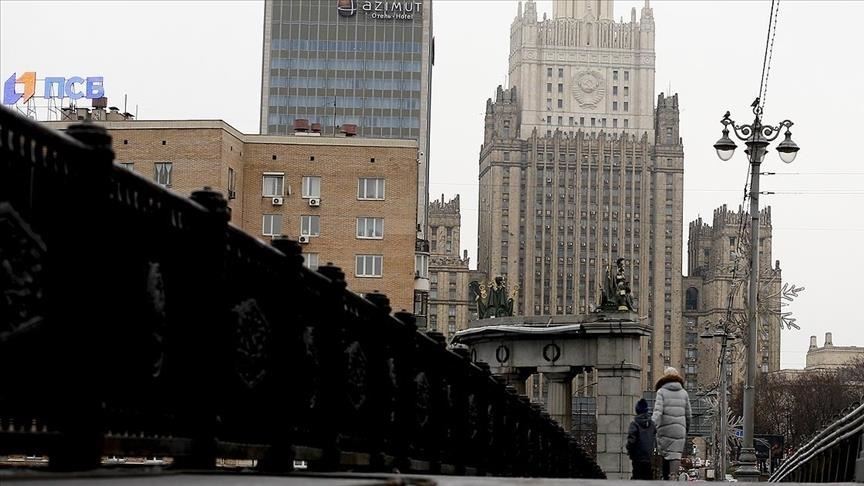

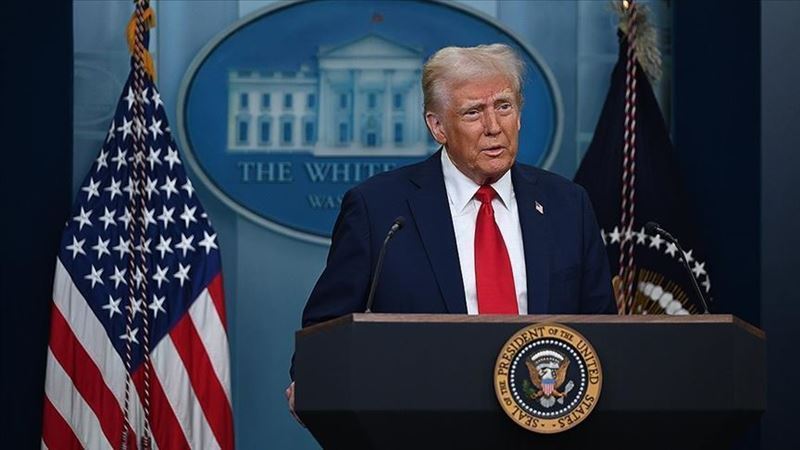
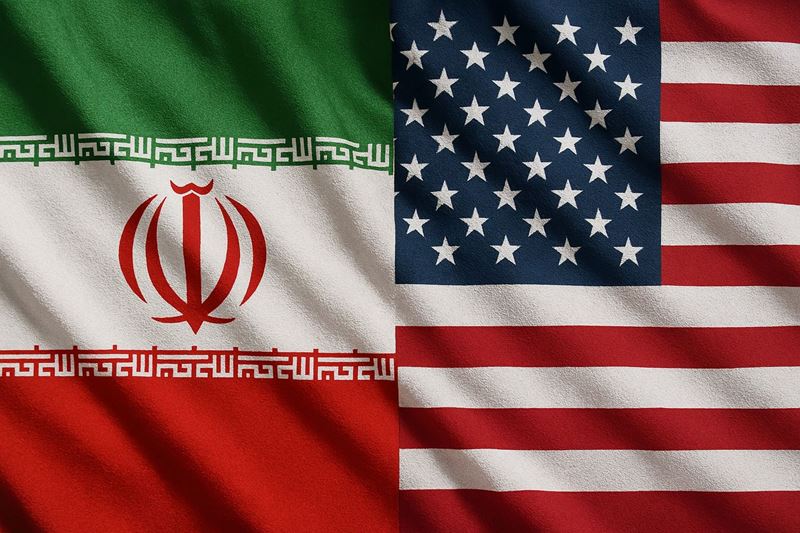
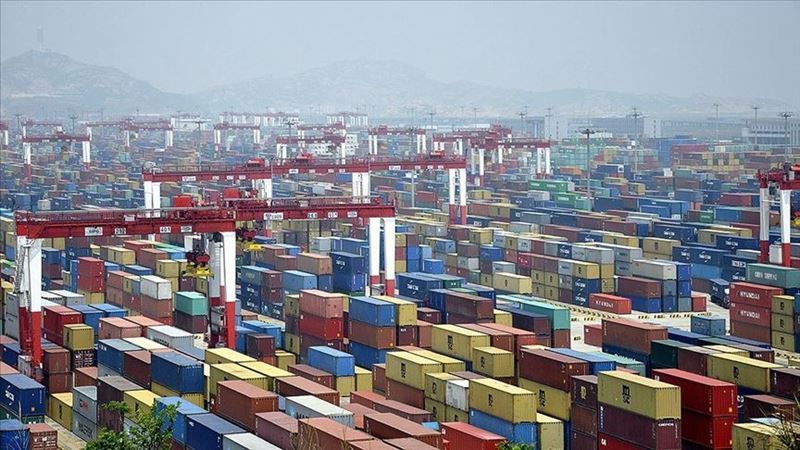
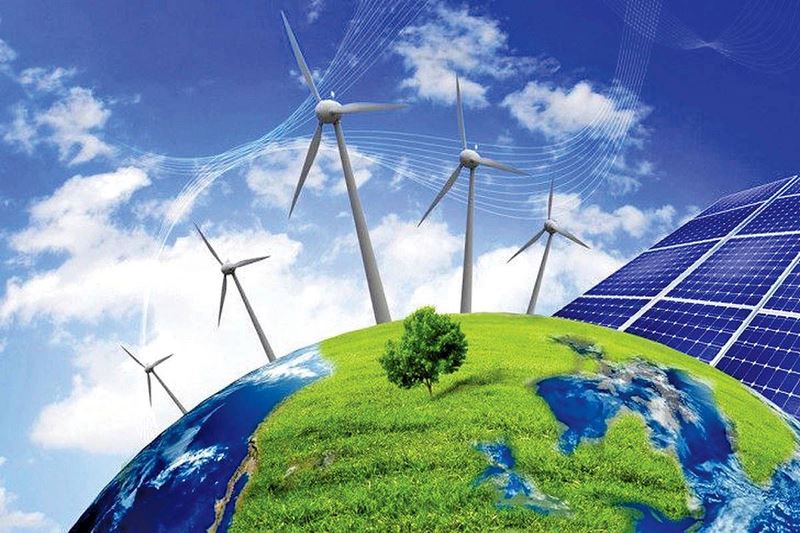
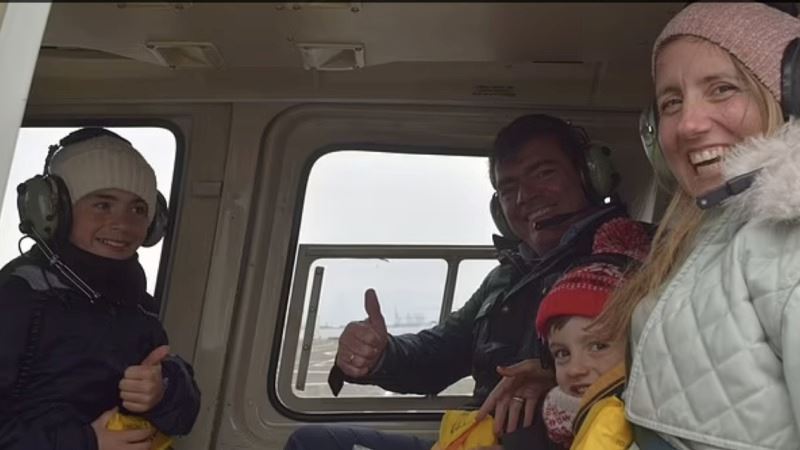


Comments
No comment yet.